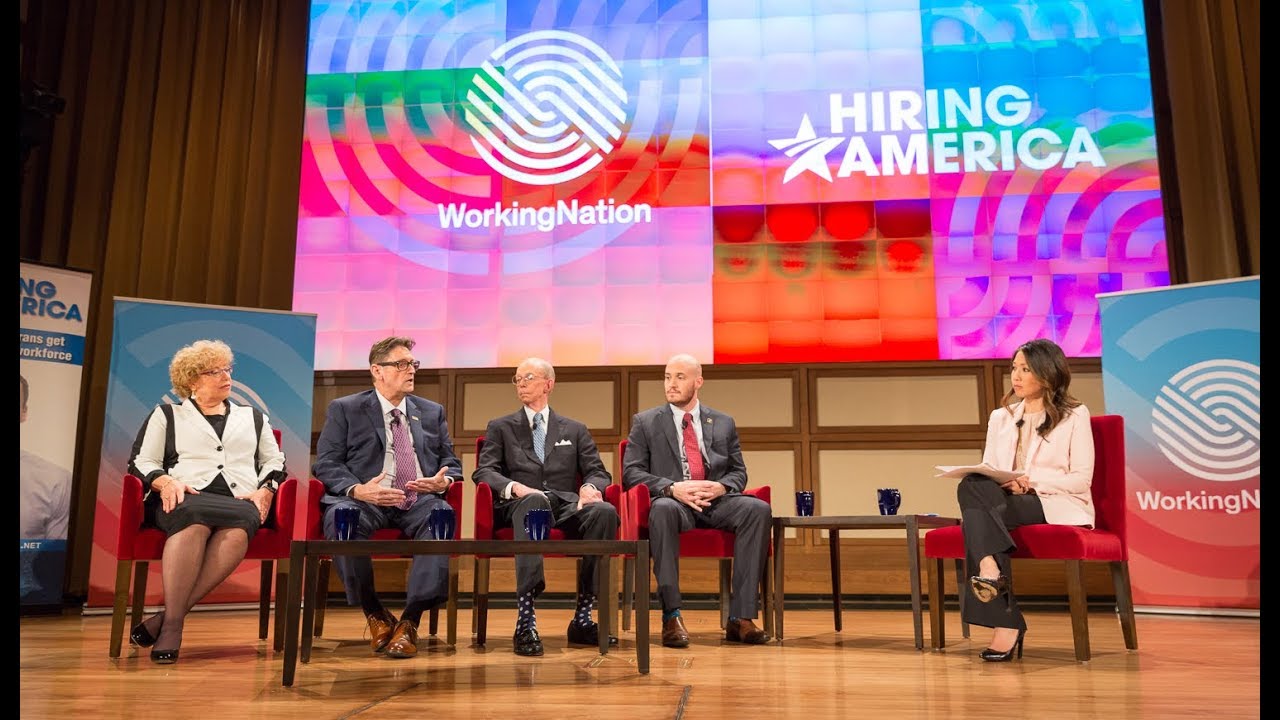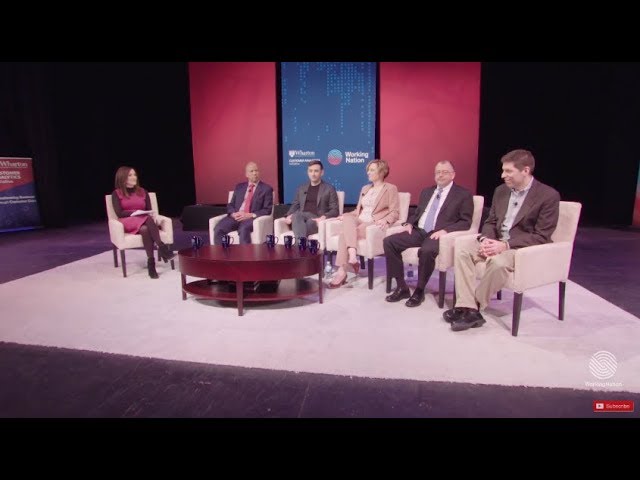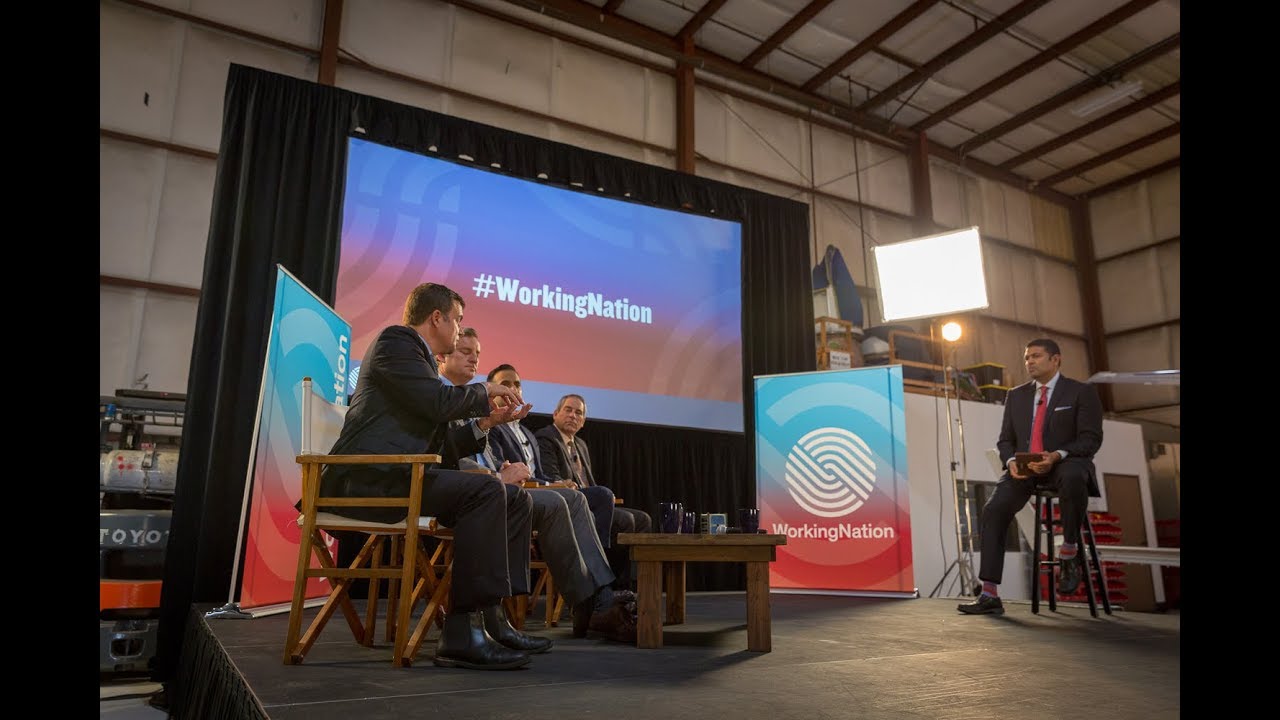They work in windowless bunkers in front of walls of monitors. Constantly tracking attacks with military precision, outmanned as they fight a 21st-century war. Whenever we hear about the latest website hack, the effects can be felt from the boardroom to the consumer who innocently clicks on an infected website.
With losses accounting in the trillions of dollars and a tight labor market, that is good news for job seekers with cybersecurity skills. Millions of cybersecurity professionals will be needed, yet they cannot be trained and hired fast enough, making this a job of the future.
A great crowd joined WorkingNation at the campus of Cornell Tech on Roosevelt Island in New York City for our Town Hall event focusing on the talent gap in cybersecurity, an issue that will define the future of Computer Science and Information Technology careers.
“Cracking the Code: A Town Hall on Bridging the Cybersecurity Skills Gap” was an in-depth discussion with leading experts on the topic of cybercrime and how to develop a skilled workforce to confront the scale of this global problem.
Moderated by CNBC and MSNBC contributor Ron Insana and featuring panelists representing the corporate, education and government sectors, our Town Hall brought together stakeholders with an active interest in matching workers to cybersecurity and related IT roles.
There are an estimated 40,000 information security jobs which go unfilled each year and the employment gap for cybersecurity professionals is predicted to reach 2 million by 2019. According to the IT governance nonprofit organization ISACA, that number is projected to grow to 3.5 million by 2021.
In what can seem like a one-sided battle against the rising threat of hackers and rogue states, higher education institutions are recognizing the need to create and adapt their curriculum to attract and train new talent. Companies have been slower to adjust to the speed of technological change and the majority of them lack a plan to address skills gaps within their organizations let alone cybersecurity.
Our Town Hall panel talked about the strategies and best practices of organizations which are staying ahead of cybersecurity trends and shared this insight with the audience.
- Ari Juels, Professor, Jacobs Technion-Cornell Institute at Cornell Tech
- Will Markow, Manager Client Strategy and Analytics, Burning Glass Technologies
- Bridgette Gray, Executive Vice President, Per Scholas
- Amanda Gould, Chief Administrative Officer, The American Women’s College at Bay Path University
- Nicholas Lalla, Senior Project Manager, Urban Innovation, New York City Economic Development Corporation
- Kelly Isikoff, CISO, RenaissanceRE
- Andy Ellis, Chief Security Officer, Akamai Technologies
- Joseph Santamaria, Vice President Information Technology & Chief Information Officer, PSEG Services Corporation
- Annemarie Johnson, Field Technical Representative, Unisys
- Wayne Kunow, Head of Cyber & Information Security Governance, Barclays International
- John Bosco, CIO, Northwell Health
- Patrick Heim, Operating Partner & CISO, ClearSky











